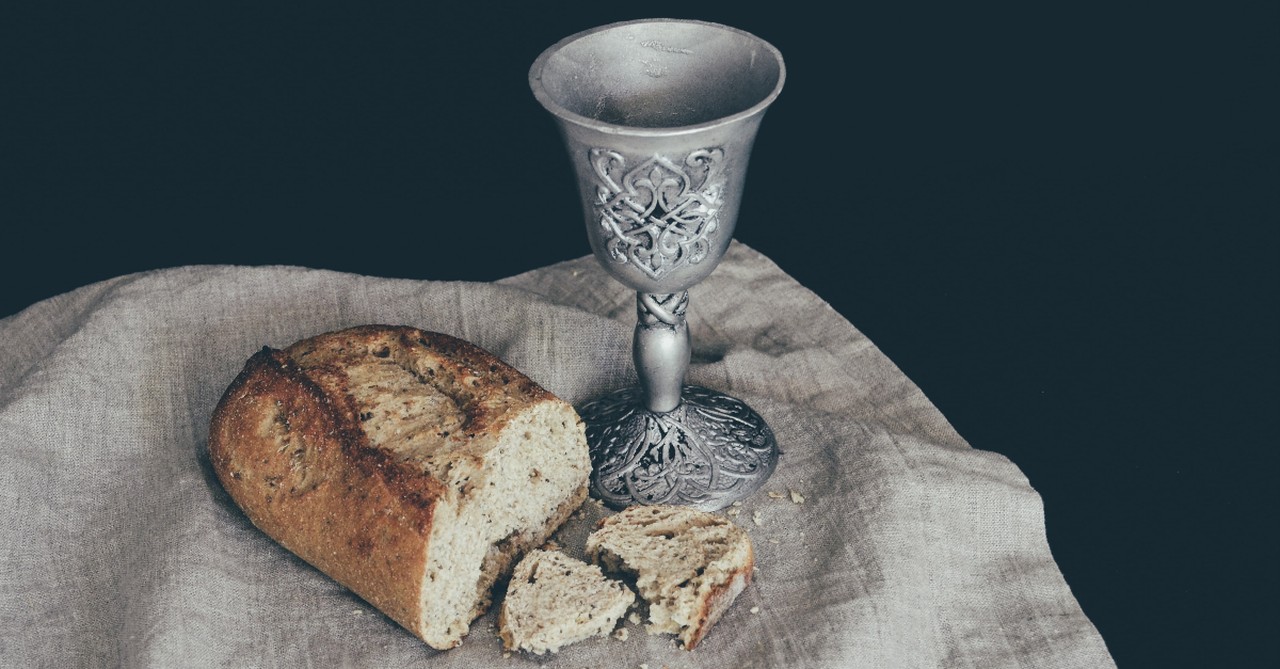
The primary biblical text on the nature and meaning of the Lord’s Supper/Table, also known as Communion or the Eucharist (from the Greek word for the giving of thanks) is 1 Corinthians 11:23-34. Here are ten brief observations on what we see in this text.
Sam Storms is an Amillennial, Calvinistic, charismatic, credo-baptistic, complementarian, Christian Hedonist who loves his wife of 44 years, his two daughters, his four grandchildren, books, baseball, movies, and all things Oklahoma University. In 2008 Sam became Lead Pastor for Preaching and Vision at Bridgeway Church in Oklahoma City, Oklahoma. Sam is on the Board of Directors of both Desiring God and Bethlehem College & Seminary, and also serves as a member of the Council of The Gospel Coalition. Sam is President-Elect of the Evangelical Theological Society.
1. The Lord's Supper is about remembering the person and work of Jesus.
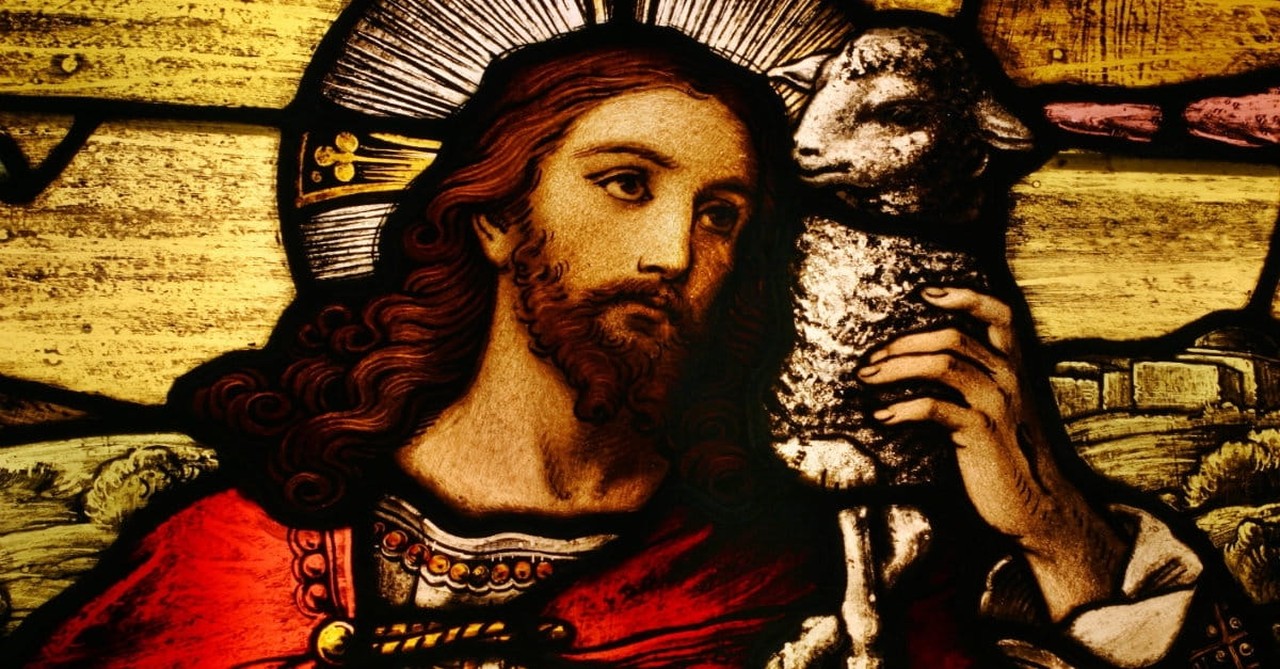
1. The Lord's Supper is about remembering the person and work of Jesus.
SLIDE 1 OF 10
The primary biblical text on the nature and meaning of the Lord’s Supper/Table, also known as Communion or the Eucharist (from the Greek word for the giving of thanks) is 1 Corinthians 11:23-34. Here are ten brief observations on what we see in this text.
The Lord's Supper is primarily (but not exclusively) designed to elicit or to stimulate in our hearts remembrance of the person and work of Jesus: “Do this in remembrance of me” (1 Cor. 11:25).
2. This remembrance is commanded.

2. This remembrance is commanded.
SLIDE 2 OF 10
Participation at the Lord's Table is not an option. Prolonged absence from it is spiritually unhealthy and willful neglect of it may be grounds for church discipline.
3. This remembrance uses tangible elements: bread and wine.
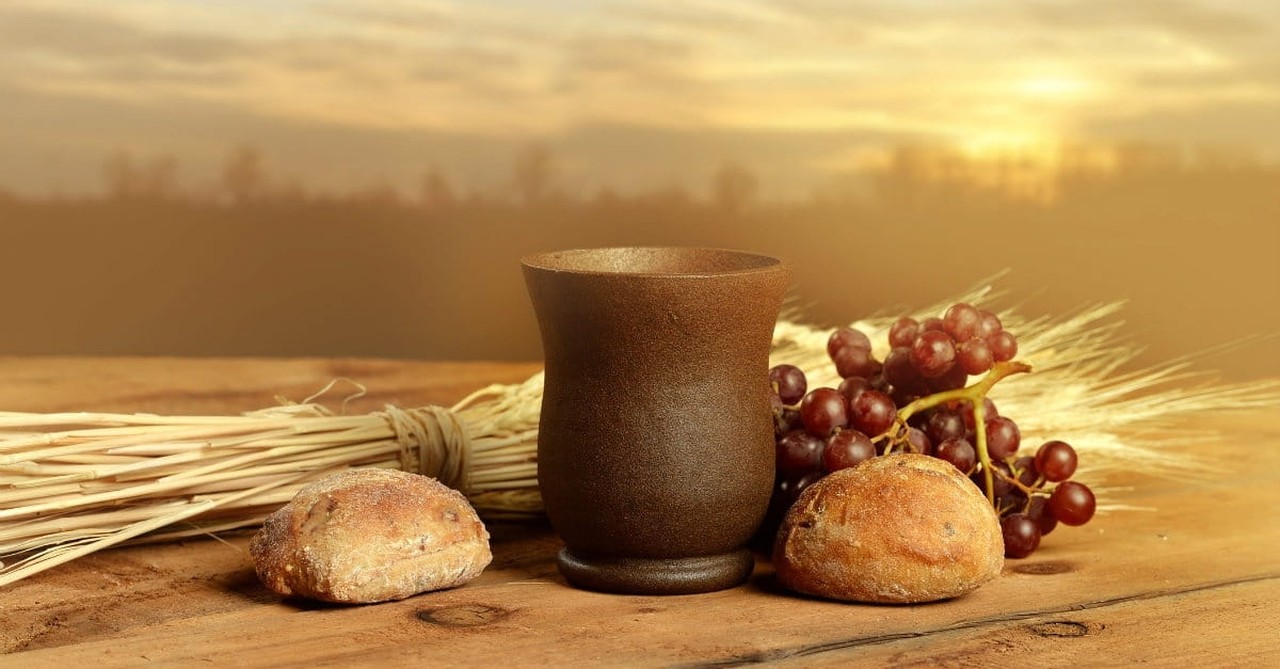
3. This remembrance uses tangible elements: bread and wine.
SLIDE 3 OF 10
It isn't enough simply to say, “Remember!” The elements of bread and wine are given to stir our minds and hearts. The physical action of eating and drinking is designed to remind us that we spiritually “ingest” and depend upon Jesus and the saving benefits of his life, death, and resurrection. Just as food and drink are essential to sustain physical existence, so also the blessings and benefits that come to us through the body and blood of Christ are paramount to our spiritual flourishing.
4. It is a personal remembrance.

4. It is a personal remembrance.
SLIDE 4 OF 10
We are to remember Jesus. The focus isn't on Abraham or Moses or Isaiah. The focus is no longer on the Jewish Passover or the night of his betrayal or anything else. The focus is Jesus. “Do this in remembrance of ME” (1 Cor. 11:25).
5. In this remembering there is also confession.
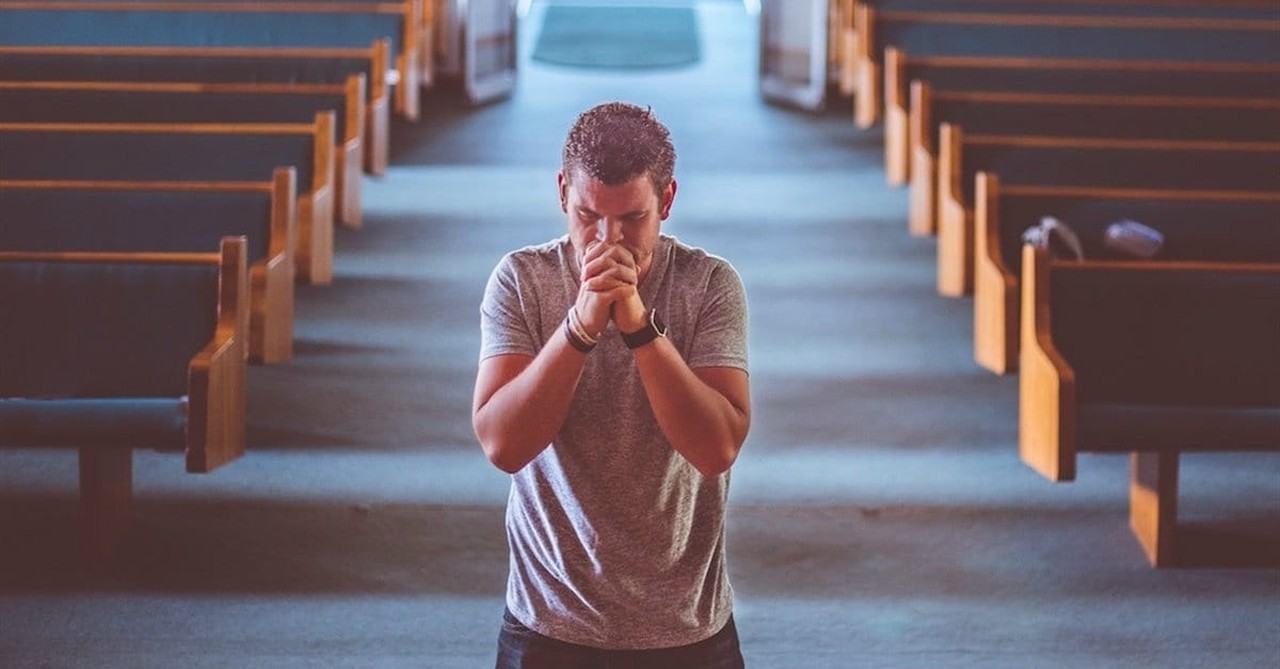
5. In this remembering there is also confession.
SLIDE 5 OF 10
In partaking of the elements we declare: “Christ gave his body and blood for me. He died for me.” This is one among many reasons why I reject the practice of paedo-communion (the giving of the elements of the Table to infants). If one cannot and does not personally and consciously confess that the bread and wine symbolize the body and blood of Jesus sacrificed for sinners, he/she should not, indeed must not, partake of them.
6. In this remembering there is also proclaiming.

6. In this remembering there is also proclaiming.
SLIDE 6 OF 10
In this remembering we also proclaim the Lord's death till he comes. This, then, is not merely an ordinance that looks to the past. It is an ordinance of hope that points to the future.
7. The Lord's Supper must be taken in a worthy manner.
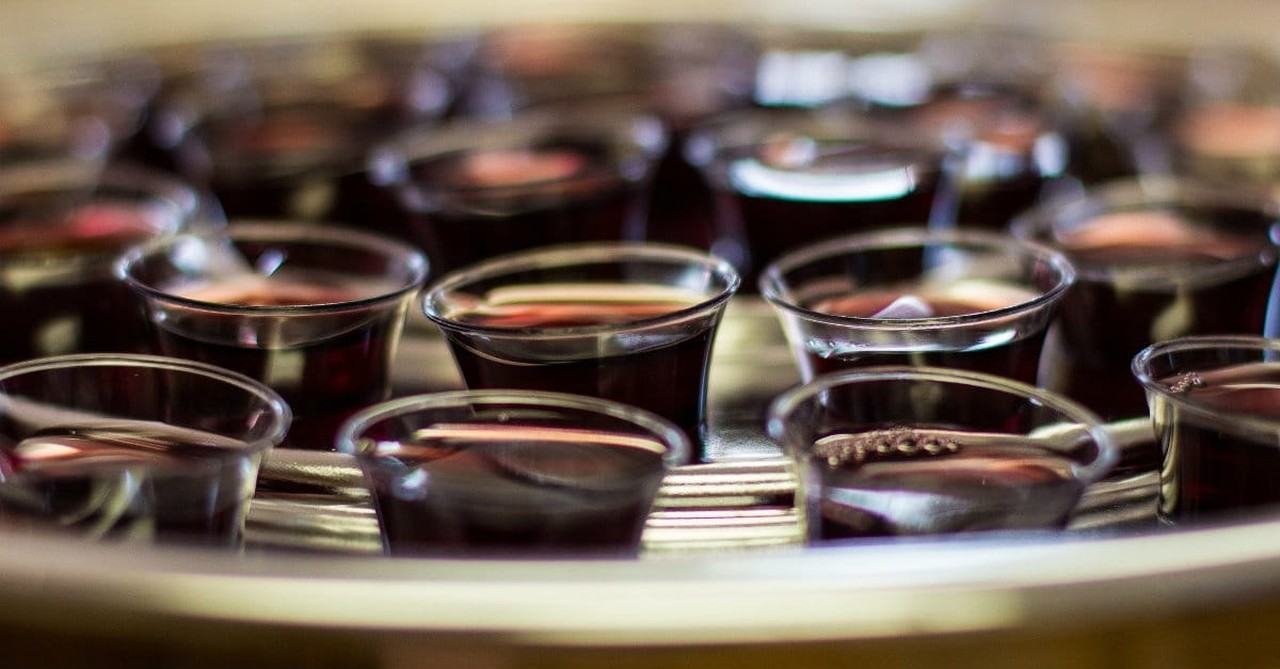
7. The Lord's Supper must be taken in a worthy manner.
SLIDE 7 OF 10
To partake of the Lord's Table in an unworthy manner (v. 27) is to take it without regard to its true worth, not yours. To partake unworthily is to come complacently, light-heartedly, giving no thought to that which the elements signify. I. H. Marshall explains:
"In some Christian circles today the fear of partaking unworthily in the Supper leads to believers of otherwise excellent character refraining from coming to the table of the Lord. When this happens, Paul's warning is being misunderstood. The Lord's Supper is the place where the forgiveness of sin is proclaimed and offered to all who would receive it. Paul's warning was not to those who were leading unworthy lives and longed for forgiveness but to those who were making a mockery of that which should have been most sacred and solemn by their behaviour at the meal” (116).
To partake in an "unworthy manner" thus entails at least three things: (a) calloused disregard for others in the body of Christ (see vv. 20-22); (b) an attempt to combine participation at pagan (demonic) feasts with participation at the Lord's table (see 1 Cor. 10:14-22); and (c) flippant disregard for what the elements represent (vv. 23-26).
8. The Lord's Supper is not just another meal.
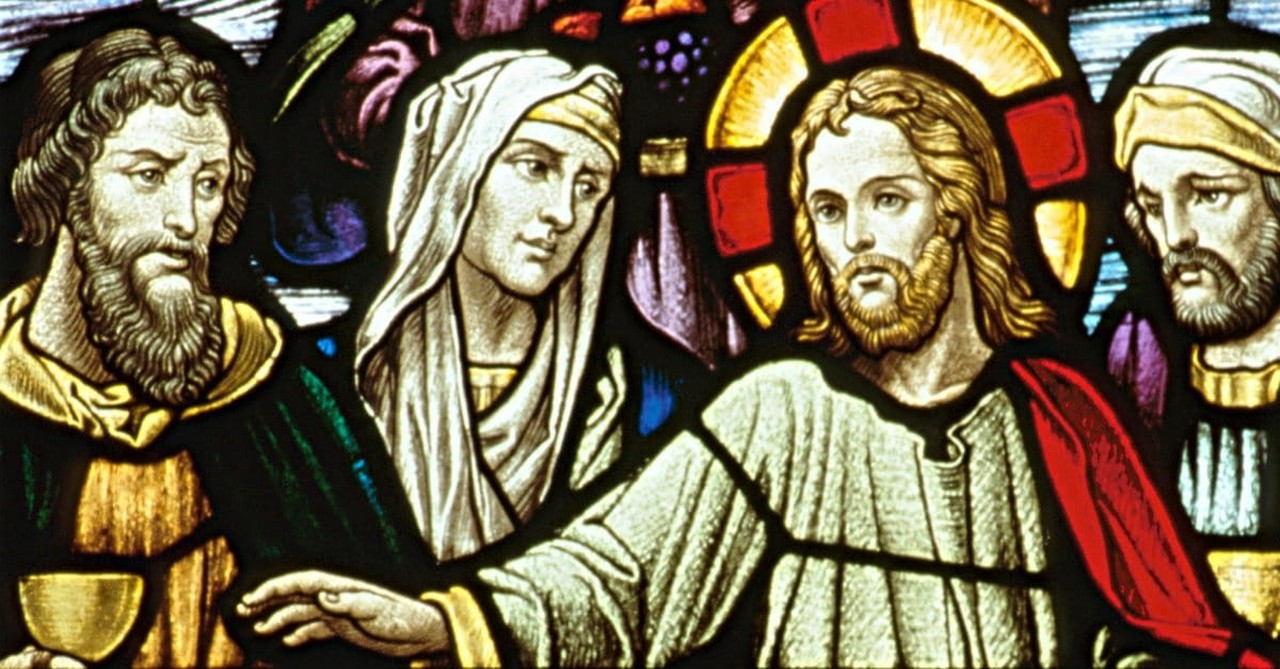
8. The Lord's Supper is not just another meal.
SLIDE 8 OF 10
To be “guilty of the body and blood of the Lord” (v. 27) is to treat as common or profane something which is sacred. The Lord's Supper is not just another meal.
9. Part of the Lord's Supper is examining ourselves.

9. Part of the Lord's Supper is examining ourselves.
SLIDE 9 OF 10
Hence, we are to “examine ourselves” (v. 28). We are to test our motives and attitudes as we approach the table to be certain we are partaking for the right reasons and with the right understanding of what the elements represent. This is yet another argument against paedo-communion. If one cannot obey this Pauline command one is not prepared or qualified to partake of the elements.
10. Falsely taking communion may lead to divine discipline.
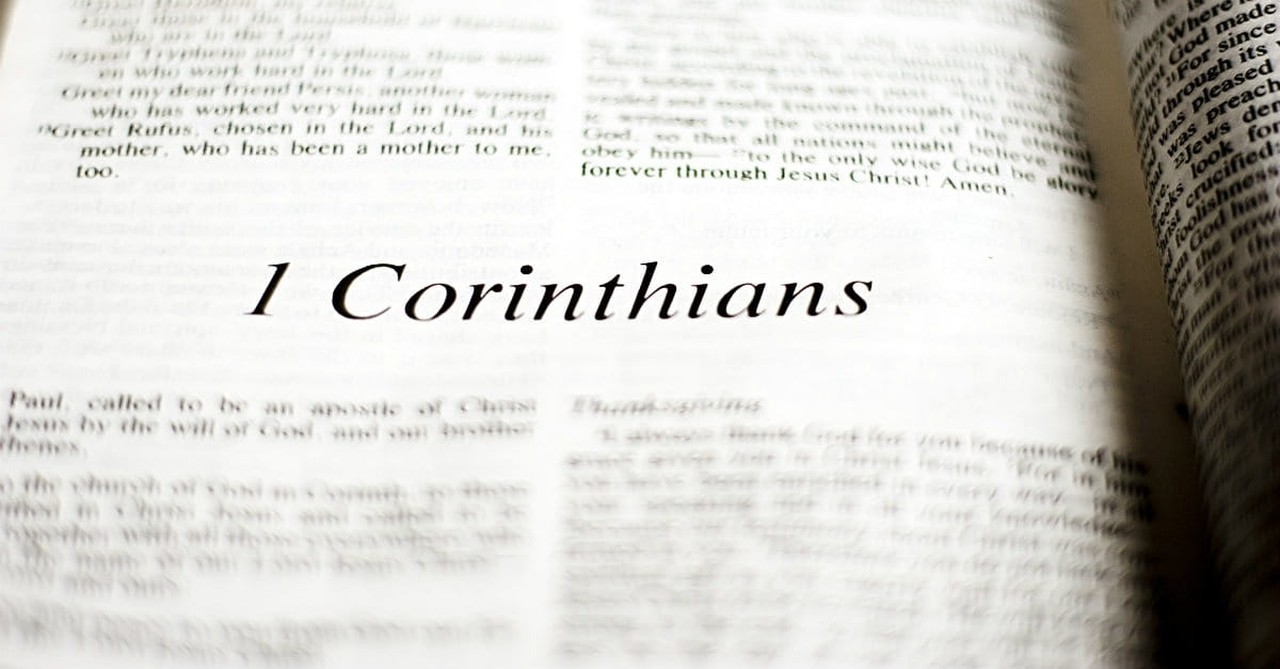
10. Falsely taking communion may lead to divine discipline.
SLIDE 10 OF 10
Finally, failure to do so may lead to divine discipline (1 Cor. 11:29-34). Such chastisement from the Father is in order that believers may be spared the condemnation that comes to the unbelieving world. Some in Corinth had already suffered the discipline of God (“weak and sick”); some had even died physically (“sleep”). And this was an expression of God’s gracious commitment to preserve his people “so that we may not be condemned along with the world” (1 Cor. 11:32b).
Content taken from the article, 10 Things You Should Know about the Lord's Supper from 1 Corinthians, written by Sam Storms, originally appearing on SamStorms.com. To read the text version please click the link.
Images courtesy of: Thinkstockphotos.com, Unsplash.com, Main/top image: Unsplash.com/DebbyHudson
Originally published May 31, 2020.







